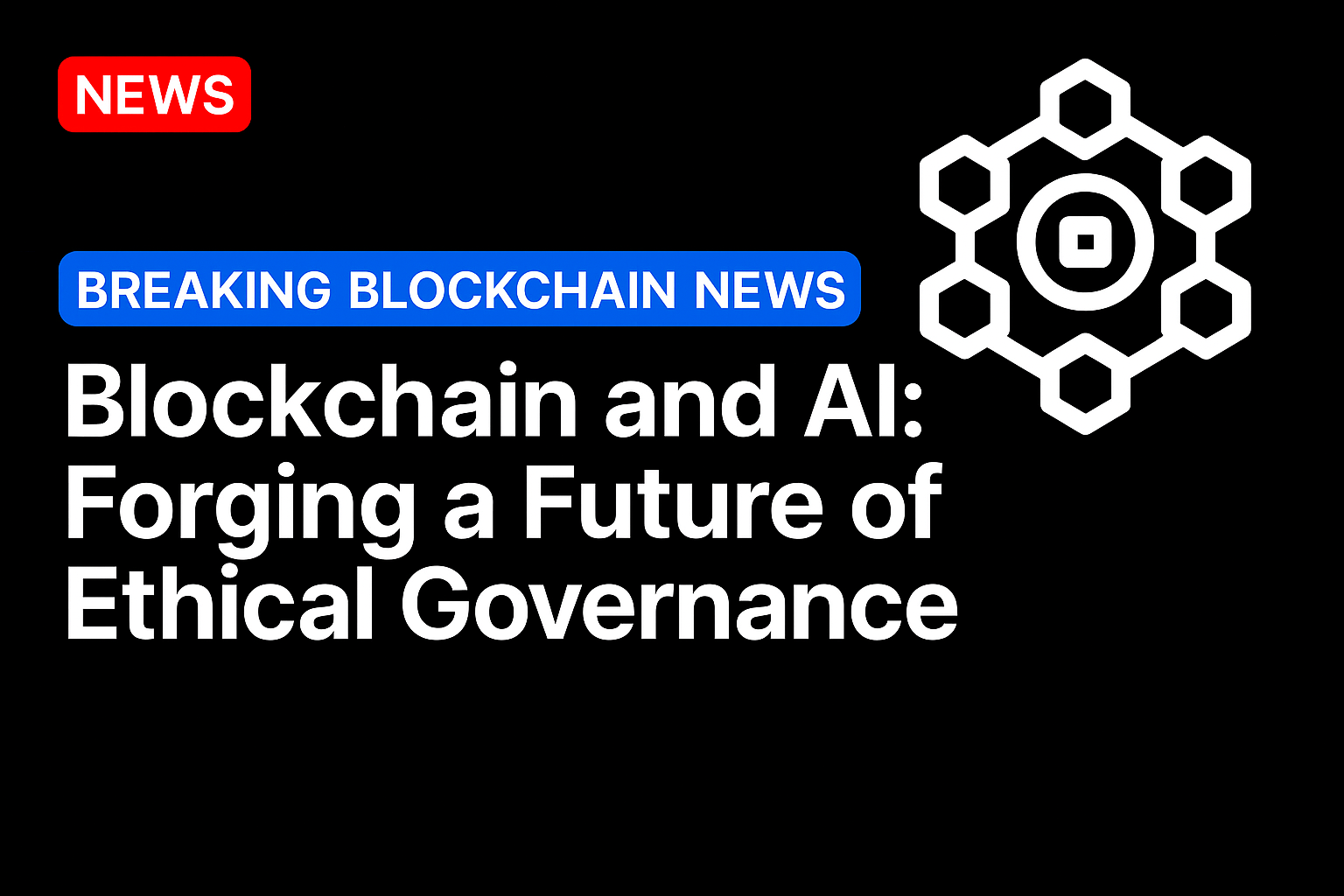As AI continues to reshape industries around the world, the urgency for transparency and accountability grows stronger. Enter blockchain technology, a revolutionary tool that could enhance how we govern AI systems ethically. This article is all about how blockchain and AI can combat the challenges of bias and opacity, setting the course for a more secure and trustworthy future in the digital space.
How Blockchain and AI Interact
Blockchain functions as a decentralized ledger, recording transactions across a network. This means data is secure, transparent, and hard to manipulate. AI, on the flip side, gives machines the capability to learn and make decisions akin to human intelligence with complex algorithms. When these two technologies come together, they can effectively tackle the challenges that plague AI systems.
Advantages of Blockchain for AI
Improved Transparency and Responsibility
Blockchain shines a light on AI processes by providing accessible records. With every step of AI data handling and decision-making written on a decentralized ledger, stakeholders can trace and audit AI actions, thereby increasing accountability. This level of transparency is essential in critical fields like healthcare and self-driving cars where AI mistakes can have dire consequences.
Reducing Bias and Promoting Fairness
AI systems often face scrutiny for biases born from flawed training data or poor algorithm design. Blockchain helps to lessen these biases by ensuring data used in AI training is traceable and verifiable. Smart contracts can be programmed to enforce fairness standards, pausing model deployments if ethical guidelines are breached. Taking this proactive stance can foster a more just AI ecosystem.
Decentralized Supervision Models
Blockchain also allows for the establishment of decentralized autonomous organizations (DAOs) that can oversee AI systems. Communities can provide the oversight needed to uphold ethical standards. Utilizing smart contracts, organizations can automate compliance checks, making ethical governance an integral part of AI operations.
Real-World Examples of Blockchain in AI
A few projects showcase the promise of blockchain in bolstering AI governance:
- Voatz: This voting verification platform merges biometric authentication with blockchain to secure electoral records.
- Ocean Protocol: This decentralized marketplace allows users complete control over their data while ensuring ethical use in AI.
- FICO: They employ private blockchain networks to oversee their AI model performance, greatly reducing errors and ensuring compliance.
Obstacles to Integrating AI and Blockchain
While the advantages are considerable, merging blockchain with AI isn’t without its flaws. Technical challenges, data privacy issues, and the demand for diverse datasets can impede adoption. Furthermore, organizations must resist ethical complacency since relying solely on blockchain won’t absolve the need for diligent ethical oversight.
Future Projections for Blockchain and AI
As technology progresses, the marriage of blockchain and AI is poised to become more prevalent. New possibilities like Web3 banking and decentralized payroll solutions are popping up, further enhancing ethical AI governance. The emergence of crypto payroll systems, for instance, promotes financial inclusion while offering secure payment methods to businesses and employees.
Final Thoughts: Charting a Course for Ethical AI
The combination of blockchain and AI offers a roadmap for a future that’s not just intelligent but also ethical, secure, and verifiable. With immutable data logs, decentralized governance, and automated fairness mechanisms, organizations can shift AI from being an enigmatic and possibly perilous technology to a responsible and accountable system. The interplay between these two technologies will be crucial in fostering a conscientious digital future.
Source: https://www.onesafe.io/




